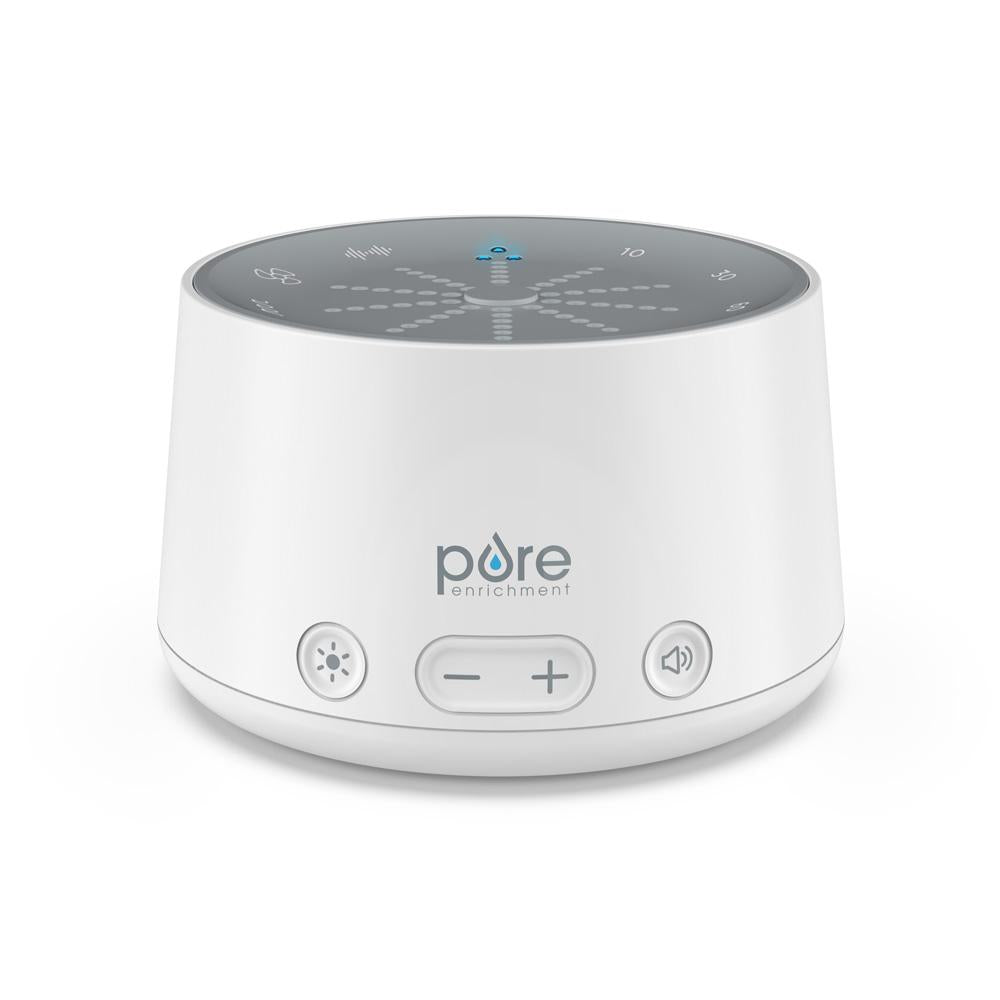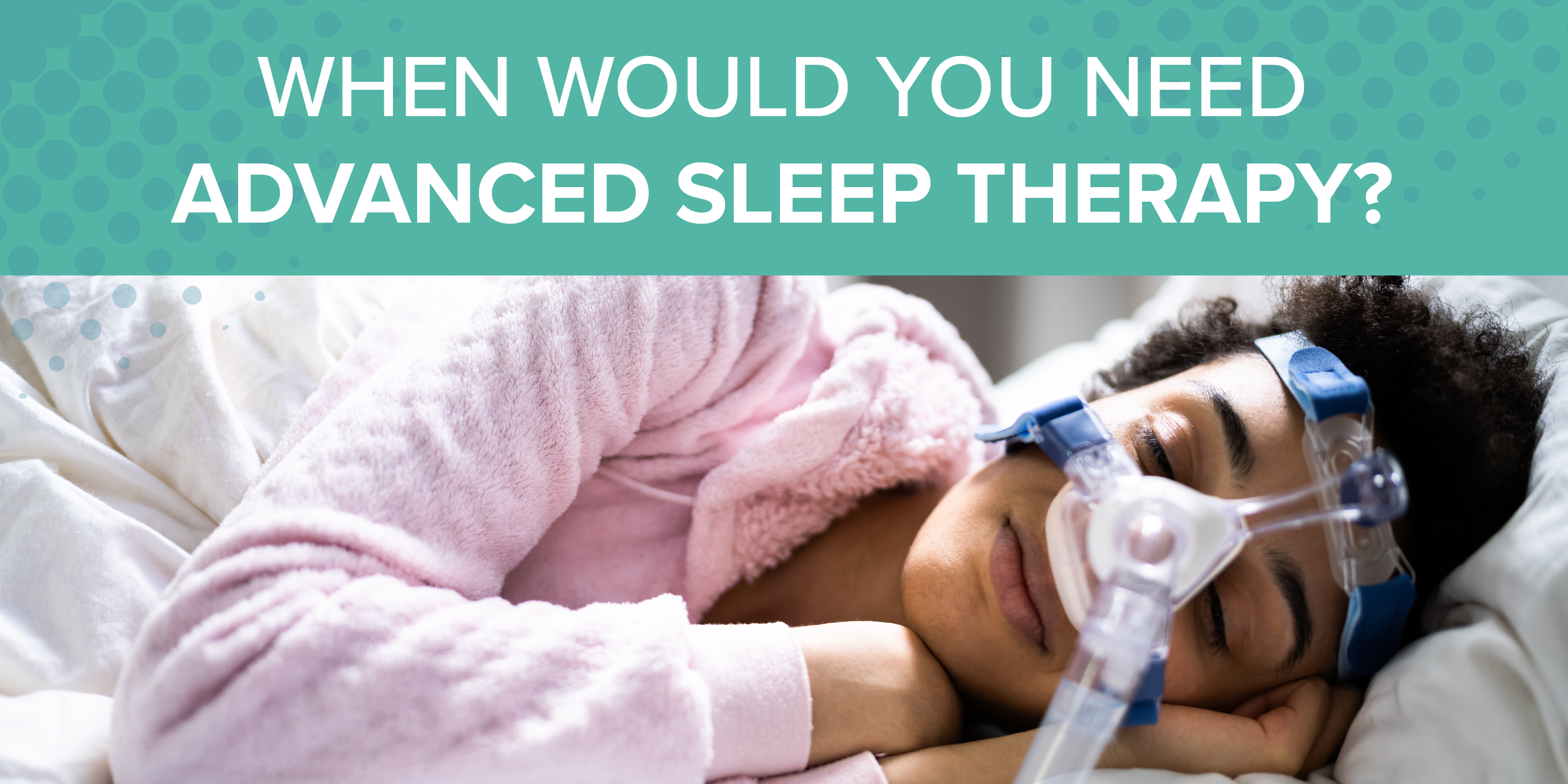Expert Insomnia Counseling - Obtain Expert Support
Wiki Article
Effective Treatment Solutions for Taking Care Of Sleep Disorders and Enhancing Peaceful Rest
In the world of medical care, the administration of sleep disorders and the pursuit for relaxing rest are essential parts of total health. As we navigate the complex landscape of sleep conditions and look for to enhance our sleep experience, a deeper understanding of these therapy options may hold the secret to opening a much more rejuvenating and fulfilling corrective journey.Cognitive Behavioral Treatment for Sleeping Disorders (CBT-I)
Cognitive Behavior Modification for Insomnia (CBT-I) is a structured, evidence-based treatment approach that concentrates on dealing with the underlying variables adding to sleep disturbances. This kind of treatment intends to customize actions and thoughts that aggravate insomnia, eventually promoting healthy and balanced sleep patterns. CBT-I typically involves several essential elements, consisting of cognitive therapy, rest limitation, stimulus control, and rest hygiene education.Cognitive therapy aids individuals identify and change negative thought patterns and beliefs regarding sleep that may be hindering their capability to drop or stay asleep. Sleep constraint entails restricting the amount of time spent in bed to match the person's real sleep duration, thus boosting sleep effectiveness (sleep therapy). Stimulus control methods aid establish a solid association between the bed and rest by encouraging people to go to bed only when drowsy and to avoid participating in boosting tasks in bed
Moreover, sleep hygiene education and learning concentrates on creating healthy and balanced rest habits, such as maintaining a consistent rest timetable, producing a relaxing going to bed regimen, and maximizing the rest atmosphere. By dealing with these variables adequately, CBT-I offers an effective non-pharmacological treatment for handling sleep problems and boosting general sleep high quality.
Sleep Hygiene Practices
Having actually established the structure of cognitive restructuring and behavioral alterations in resolving sleeping disorders through Cognitive Behavioral Treatment for Sleeplessness (CBT-I), the focus now changes in the direction of checking out vital Rest Hygiene Practices for preserving ideal rest top quality and overall wellness.Rest hygiene techniques include a variety of habits and ecological variables that can significantly influence one's ability to sleep and remain asleep throughout the night. Regular sleep and wake times, producing a relaxing bedtime routine, and enhancing the sleep atmosphere by keeping it dark, silent, and cool are critical components of good rest health. Limiting direct exposure to displays prior to bedtime, avoiding energizers like high levels of caffeine close to going to bed, and participating in routine physical task throughout the day can additionally promote better sleep high quality.
Additionally, practicing leisure strategies such as deep breathing exercises or meditation prior to bed can help calm the mind and prepare the body for sleep. By integrating these sleep hygiene methods into one's daily regimen, individuals can develop a healthy and balanced sleep pattern that sustains relaxing rest and general well-being.
Leisure Methods and Mindfulness
Carrying out leisure techniques and mindfulness practices can play a crucial function in cultivating a feeling of tranquility and promoting high quality rest. In addition, guided imagery can aid deliver individuals to a calm location in their minds, helping in stress and anxiety decrease and improving rest top quality.By including these methods right into a going to bed regimen, people can signal to their bodies that it is time to prepare and loosen up for rest. Overall, incorporating relaxation strategies and mindfulness techniques can dramatically contribute to handling sleep problems and boosting overall rest high quality.

Medication Options for Rest Disorders
After exploring relaxation methods and mindfulness techniques as non-pharmacological treatments for improving sleep quality, it is necessary to consider medication options for people with sleep disorders. In instances where way of life changes and therapy do not provide enough alleviation, medication can be a useful device in handling sleep disturbances.
Generally suggested medications for rest disorders consist of benzodiazepines, non-benzodiazepine hypnotics, antidepressants, and melatonin receptor agonists. Benzodiazepines, such as diazepam, are sedatives that can help induce sleep, yet they are commonly recommended for temporary usage as a result of the risk of dependancy. Non-benzodiazepine hypnotics like zolpidem are likewise utilized to deal with sleep problems and have a reduced danger of dependancy contrasted to benzodiazepines. Antidepressants, such as trazodone, can be valuable for individuals with co-occurring depression and rest disruptions. Melatonin receptor agonists, like ramelteon, target the body's all-natural sleep-wake cycle and can be useful for managing rest patterns.
It is critical for individuals to seek advice from a doctor to identify the most ideal medication choice based upon their details sleep problem and case history.
Light Therapy for Body Clock Guideline
Light therapy, additionally referred to as photo-therapy, is a non-invasive therapy technique used to regulate body clocks and improve sleep-wake cycles. This therapy entails exposure to brilliant light that visit here resembles natural sunlight, which helps to reset the body's biological rhythm. By exposing people to particular wavelengths of light, commonly in the morning or night depending on the wanted impact, light therapy can successfully adjust the body clock to advertise wakefulness throughout the day and enhance relaxing sleep at evening.Research has revealed that light therapy can be especially valuable for individuals with body clock problems, such as delayed sleep stage disorder or jet lag. It can likewise be infant insomnia practical for those experiencing seasonal depression (SAD), a kind of anxiety that typically takes place throughout the winter season when all-natural light direct exposure is minimized. Light treatment is typically well-tolerated and can be utilized together with various other therapy approaches for sleep disorders to enhance results and improve overall sleep quality.
Conclusion
In conclusion, efficient therapy solutions for taking care of rest problems and enhancing peaceful rest consist of Cognitive Behavior modification for Sleeplessness (CBT-I), sleep hygiene techniques, relaxation techniques and mindfulness, medicine alternatives, and light therapy for circadian rhythm law. These strategies can help individuals improve their rest top quality and total wellness. It is essential to speak with a health care provider to identify the most suitable method for addressing rest issues.
As we navigate the intricate landscape of rest disorders and look for to enhance our sleep experience, a much deeper understanding of these treatment remedies may hold the key to unlocking an extra rejuvenating and satisfying restorative trip.
Rest constraint includes restricting the amount of time invested in bed to match the individual's actual sleep period, thus boosting sleep effectiveness. Consistent sleep and wake times, creating a relaxing bedtime regimen, and optimizing the sleep atmosphere by keeping it dark, quiet, and cool are essential elements of good sleep hygiene. Light therapy is usually well-tolerated and can be used in conjunction with other treatment techniques for sleep disorders to optimize end click this link results and boost total rest quality.

Report this wiki page